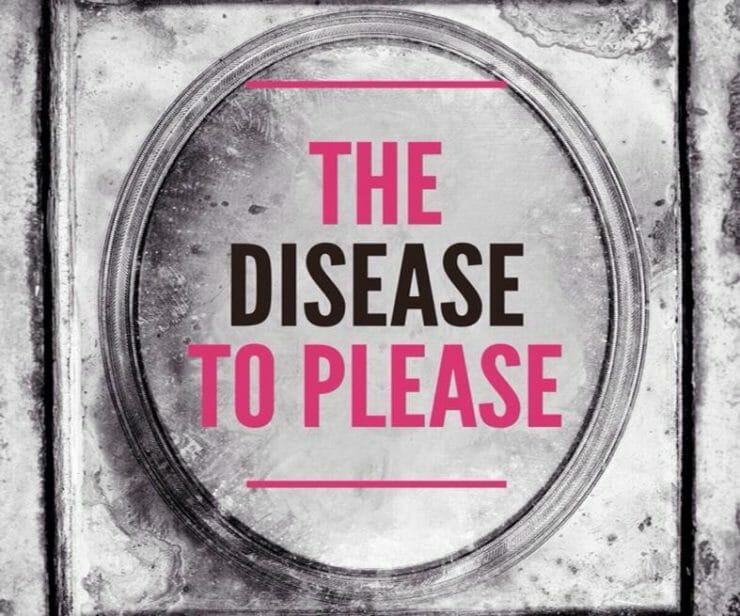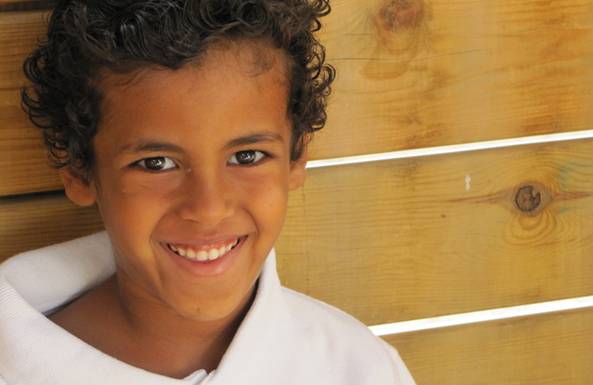
Children do not really choose their parents (I say “really” because some people claim that we chose our parents in some karmic or spiritual way). Like it or not, they are born helpless and needy. Therefore, the power over the relationship is in the parents’ hands and the fate of the kids depends on the parents’ ability to care for them.
During my parenting workshops and seminars over the last 30 years of my career, I have seen many thousands of parents. I can tell you that parents are full of love for their kids and want to give them the world. If not, I would never have met them in my line of work…
Parents want their children to be healthy, successful and happy. That’s it! If I could sum up all of parents’ desires, they would fit into those three areas. I meet them when they feel they cannot do that, because their kids are not healthy (which is very hard for a parent), they struggle at school, lack social skills, have behavior issues or are simply unhappy. Too many times, their children need to overcome two or even three of these things.
My conclusion is that parents’ hearts are in the right place, but action always beats intention. Parents simply do not know what kids need in order to be healthy, successful and happy.
Read What Kids Really Need to Grow Up Healthy, Successful and Happy »















